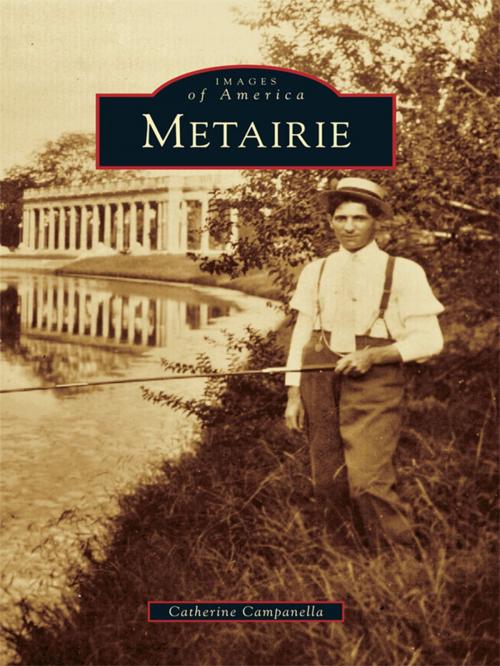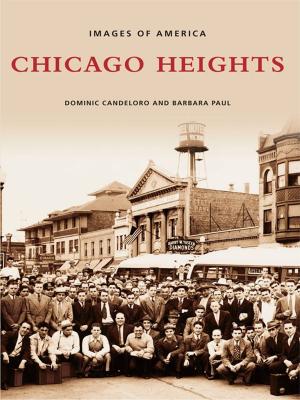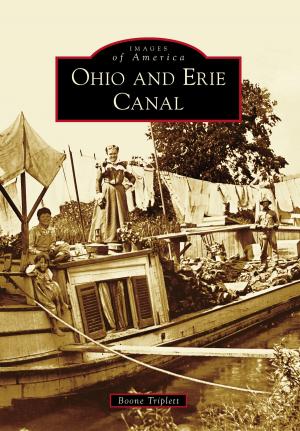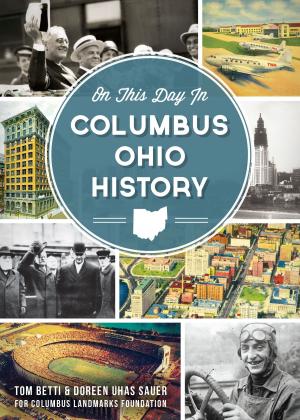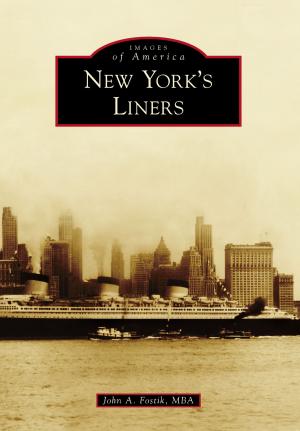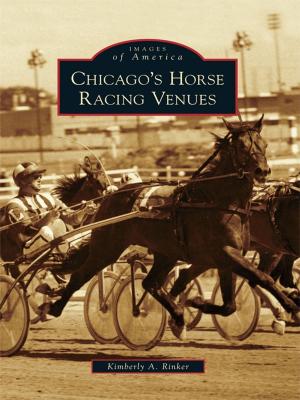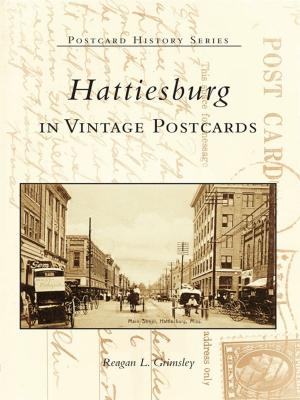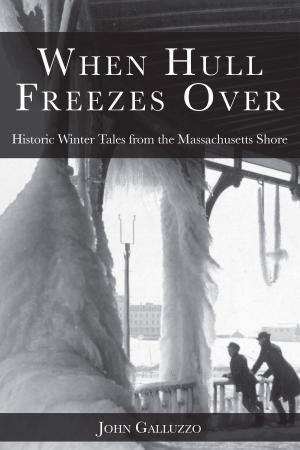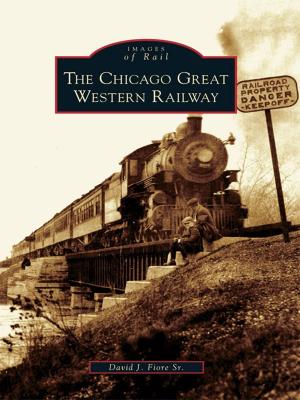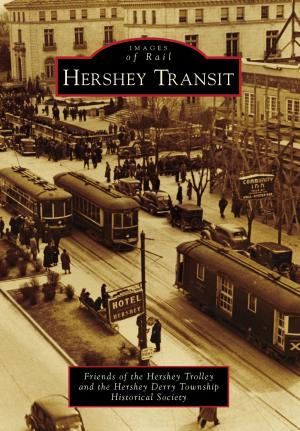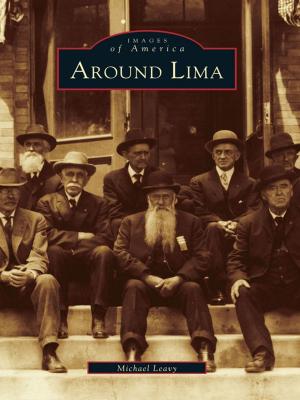| Author: | Catherine Campanella | ISBN: | 9781439635490 |
| Publisher: | Arcadia Publishing Inc. | Publication: | March 12, 2008 |
| Imprint: | Arcadia Publishing | Language: | English |
| Author: | Catherine Campanella |
| ISBN: | 9781439635490 |
| Publisher: | Arcadia Publishing Inc. |
| Publication: | March 12, 2008 |
| Imprint: | Arcadia Publishing |
| Language: | English |
Metairie was the first suburb of New Orleans; an outgrowth to the west by young families seeking larger lots, open air, and affordable new housing. Those suburbanites shared much in common with previous generations of New Orleanians who had migrated westward from the original town (now the French Quarter) to high land along the Mississippi River and the Metairie Ridge. When Jefferson Parish was established in 1825, it included all New Orleans faubourgs west of Felicity Street�what we now know as Uptown New Orleans. These would become the first cities in Jefferson Parish: Carrolton, Jefferson, and Lafayette. By the early 1900s, the westward expansion continued into what we now call Old Metairie and Bucktown. During the mid-20th century, Metairie boomed and is now one of the largest communities in Louisiana. While many residents consider themselves New Orleanians, even those born generations after their families moved to the suburb, Metairie has its own unique history.
Metairie was the first suburb of New Orleans; an outgrowth to the west by young families seeking larger lots, open air, and affordable new housing. Those suburbanites shared much in common with previous generations of New Orleanians who had migrated westward from the original town (now the French Quarter) to high land along the Mississippi River and the Metairie Ridge. When Jefferson Parish was established in 1825, it included all New Orleans faubourgs west of Felicity Street�what we now know as Uptown New Orleans. These would become the first cities in Jefferson Parish: Carrolton, Jefferson, and Lafayette. By the early 1900s, the westward expansion continued into what we now call Old Metairie and Bucktown. During the mid-20th century, Metairie boomed and is now one of the largest communities in Louisiana. While many residents consider themselves New Orleanians, even those born generations after their families moved to the suburb, Metairie has its own unique history.
